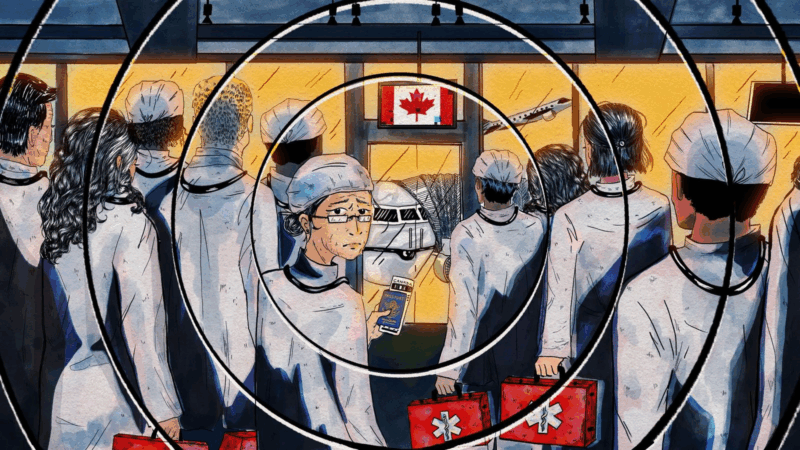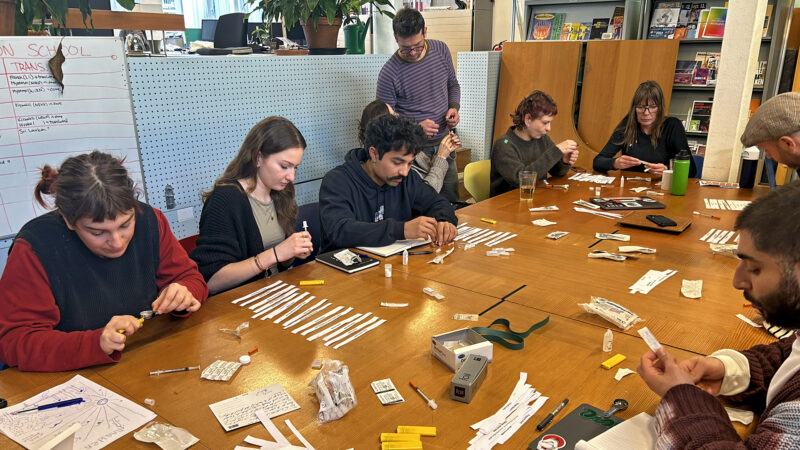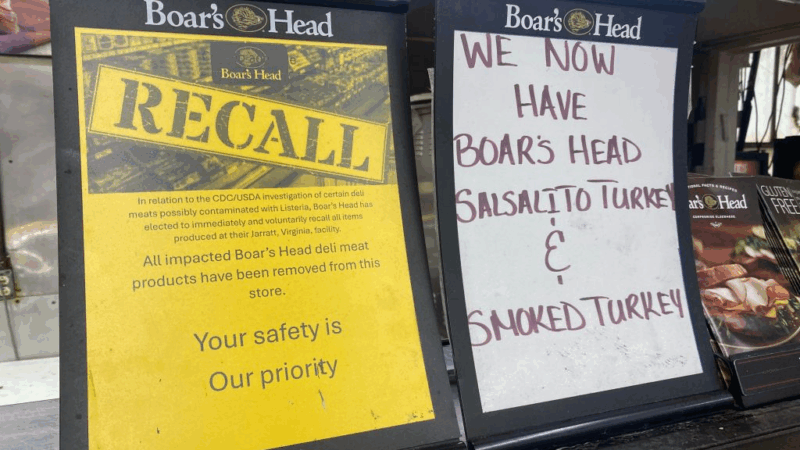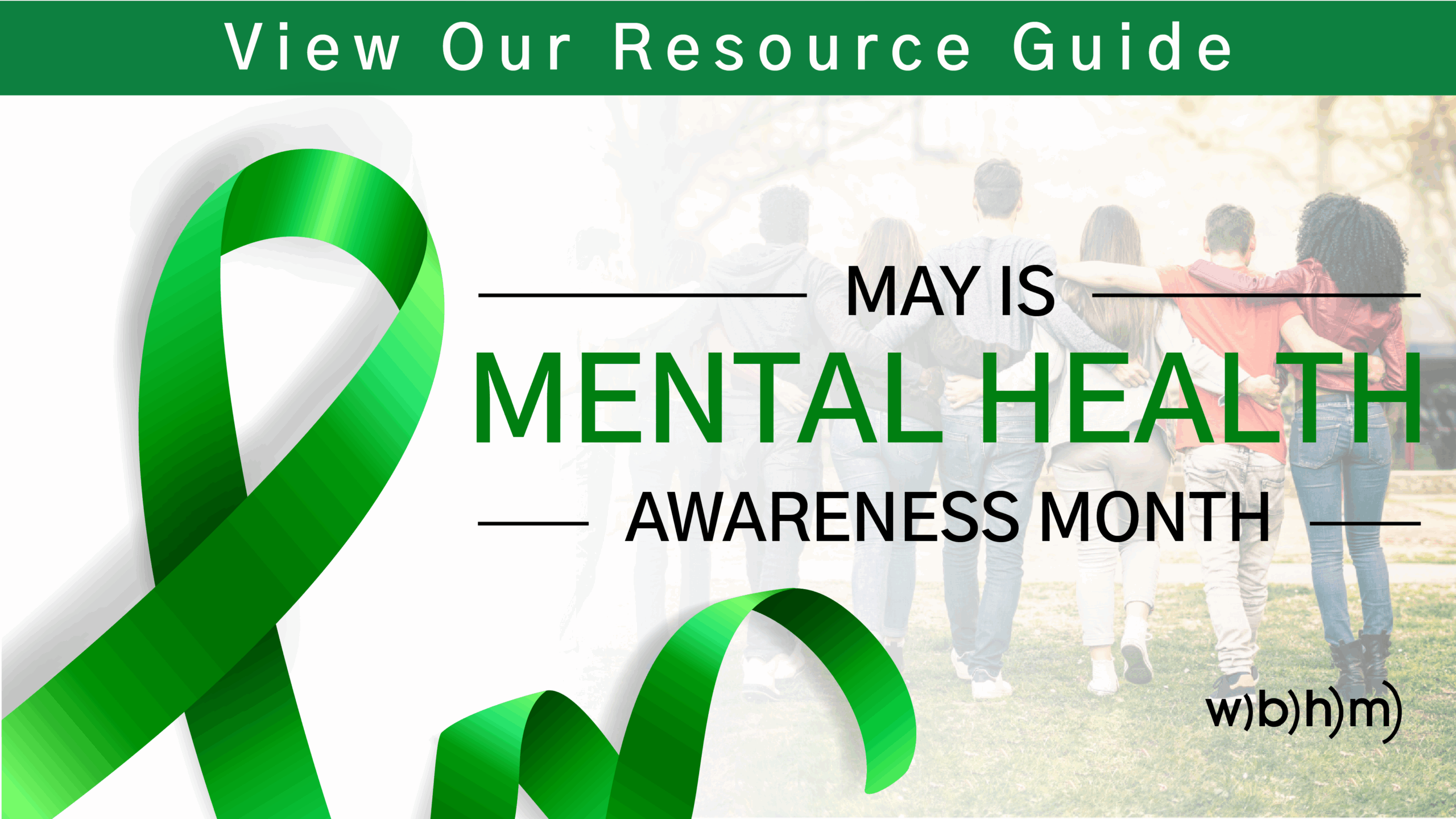Partnership Aims to Make Birmingham’s Economic Growth More Equitable
Birmingham has gained attention for its downtown rebirth. But the Birmingham area economy still falls behind similar cities, particularly when it comes to job growth. A partnership announced in December between the city and the Brookings Institution, a Washington, D.C. think tank, aims to boost the Birmingham economy with an eye toward making those gains more equitable. Brookings fellow Andre Perry, one of the researchers advising the city, says about half of Jefferson County residents are doing well, but the other half, many of whom are minorities, struggle. Perry says racism and structural inequality drags on the economy and that hurts the entire community.
WBHM’s Andrew Yeager spoke with Perry about the project.
Interview Highlights
What the partnership consists of:
“We’ve already engaged in a market scan and in that market scan we’ve found gaps in the economy, areas that we should improve upon. So our job now is to look at those gaps and identify potential solutions. Now the city and the county, there’s a lot of things going on. We want them to have the analytics to really navigate current projects but also to identify other opportunities out there.”
How to make growth inclusive and not just enrich those already in positions of wealth and influence:
“At some point city leaders must take chances in hiring people, in investing in black and brown people and the folks of Birmingham, Alabama, know too well that the tradition of not supporting one another oftentimes reigns supreme. At some point people who have resources must extend them to people who have not been trusted with resources in the past. So, I’m talking about the places like Ensley. I’m talking about black entrepreneurs. I’m talking about other areas in the city that folks just don’t feel those resources are going to be used for growth.”
What’s success for this partnership:
“Obviously we want to see growth in the economy. We want to see more jobs. We would like to see the infrastructure to make that happen. So obviously you need support systems. You need new revenue streams. But more importantly we want a group of civil actors to demand change that will not uphold [the] status quo, that’s willing to take risk that other generations have not. If we can get that mindset change, oh, growth will come.”
American doctors look to relocate to Canada to avoid the Trump administration
Canada has seen a surge of American doctors seeking to move north in the months since President Donald Trump returned to the White House.
Going Dutch: Harm reduction is embraced in the Netherlands but struggles in the US
The Netherlands has proven drug use harm reduction works. So why does it still face stigma, criminalization and political resistance in the Gulf South?
Ramy Youssef is just trying to do the thing that entertains him
Ramy Youssef stays busy, creating shows like Ramy and #1 Happy Family USA, and starring in Poor Things and Mountainhead. He spoke with Rachel Martin about mortality and his gripe with Santa Claus.
How safe is the food supply after federal cutbacks? Experts are worried
As the Trump administration slashes the federal workforce, experts say cuts to the USDA, FDA and CDC have left the food supply vulnerable to outbreaks of foodborne illness.
Want to cut through small talk? Try asking a ‘magical question’
These creative questions are fun to answer and can help reveal people's personalities. Conflict resolution facilitator Priya Parker shares her favorites and explains how to come up with your own.
11 movies to watch this summer: Sequels, a new ‘Superman,’ and edgy originals, too
The coming months will bring a 28 Days Later sequel and a new John Wick movie starring Ana de Armas. Midsommar's Ari Aster has a new Western thriller, and Pixar goes intergalactic.







